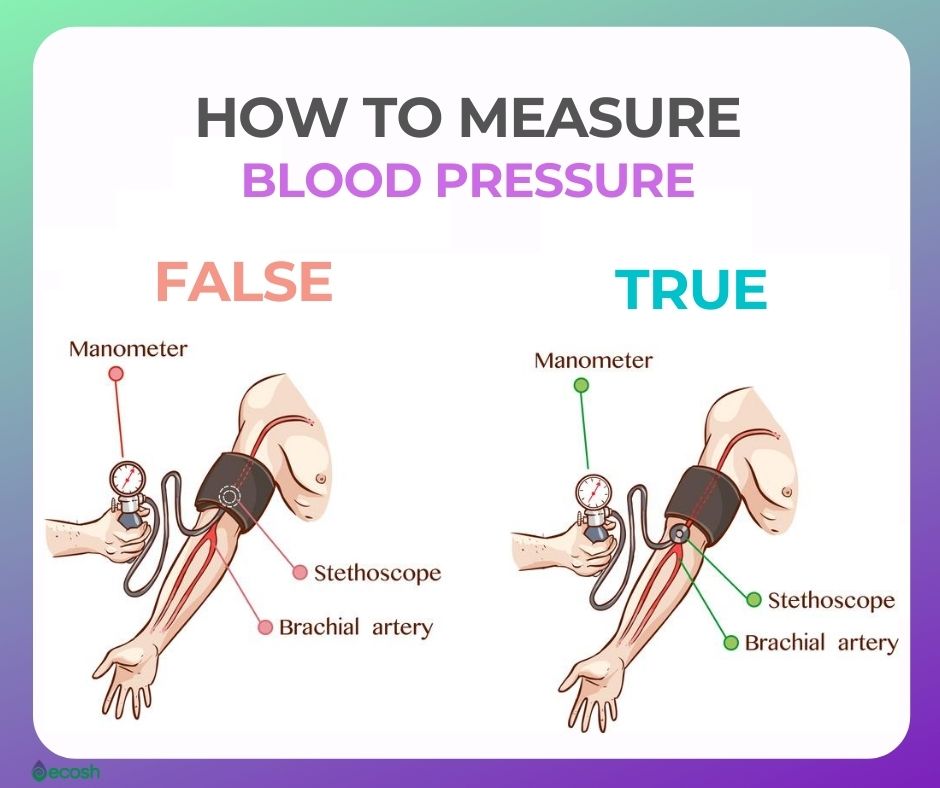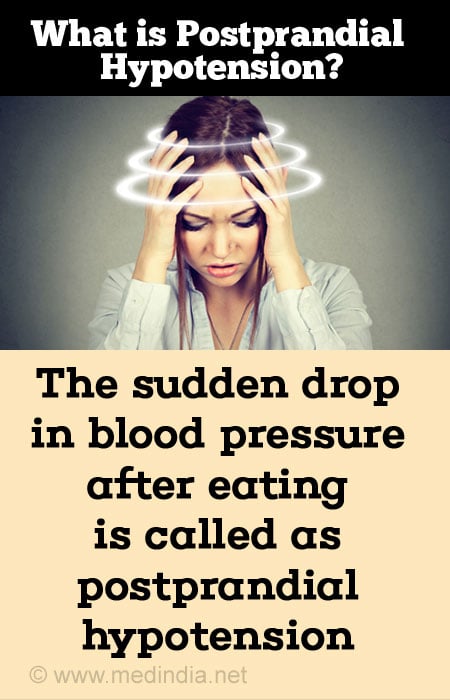
Although the American Heart Association doesn’t specify a specific blood pressure range, the National Heart, Lung, and Blood Institute (NHLBI) considers 90/60 mmHg to be hypotension. Healthy people have systolic blood pressure between 110 and 140 mmHg. A person’s blood pressure will fluctuate throughout the day, even in a healthy population. It is important to have regular checkups to prevent and treat hypertension, which is one of the leading causes of hospitalizations.
The symptoms of hypotension vary widely, but are often accompanied by other negative signs and symptoms. If you are diagnosed with low blood pressure, your GP will monitor your blood pressure. Your GP will also discuss any medication you may be taking, including those that can cause or worsen the symptoms of hypotension. Since your doctor will monitor your blood pressure, he or she can make sure that you’re not experiencing any of these side effects.
Low blood pressure can be dangerous. Sometimes it is caused by a medical condition. In these cases, the blood pressure is so low that it causes sudden collapse and unconsciousness. While low blood pressure isn’t necessarily harmful, it can starve vital organs. Despite being unhealthy, hypotension is dangerous if you don’t take steps to control it. This condition typically develops over time. Nevertheless, it is important to consult a physician immediately if you experience symptoms.
If you have low blood pressure, you are at risk for complications. Symptoms of hypotension include dizziness, lightheadedness, and chronic fatigue. In extreme cases, this can lead to circulatory shock. It can be dangerous if not treated on time. The health site https://handaldok.com
will be able to help you decide whether to treat your condition or seek medical attention. If you’re not sure, don’t delay. You’ll be glad you did.

In extreme cases, you will experience symptoms of hypotension. If you have low blood pressure, your blood pressure will be much lower than normal. You may be unconscious or dizzy and experience severe muscle pain. If you are suffering from low blood pressure, you should see your doctor as soon as possible. Invasive procedures or surgeries are not dangerous, but may lead to more serious complications. After your doctor has checked your blood pressure, you can determine if it is too high or too low.
Although the symptoms of hypotension are primarily symptomatic, they are not the only ones that indicate the condition. A general practitioner may prescribe medication to help the patient manage their condition and control their blood pressure. Although it is not always the most effective way to treat the disease, it is an important tool for blood pressure control. If you are concerned about your blood pressure, your doctor may prescribe medication specifically designed to lower it.
The symptoms of low blood pressure vary from person to person. If you have low blood pressure, your healthcare provider will need to monitor it. In addition to treating symptoms, your doctor will need to determine the underlying cause. If you have already taken the medicine, your doctor may have prescribed a medicine that lowers blood pressure. The drug may cause your symptoms to worsen. Fortunately, a doctor can adjust the dosage or prescribe a different drug.
A patient with hypotension will have low blood pressure during the day. Symptoms may include lightheadedness, dizziness, and fainting. In addition, a person with low blood pressure may have severe pain in the upper back or irregular heartbeat. Symptoms of hypotension may also be associated with other underlying conditions. The prefix "hyper" means stress. The word implies lower blood pressure. This is less than the normal level.
There are many underlying causes of low blood pressure. Some medicines can reduce pressure on the heart, which can cause other problems. If the patient is taking antihypertensive drugs, a blood test to determine hypotension may not be required. Changing the medication can also reduce the symptoms of hypotension. Some medicines may cause side effects. These include nausea and diarrhea, which are common in people with low blood pressure.